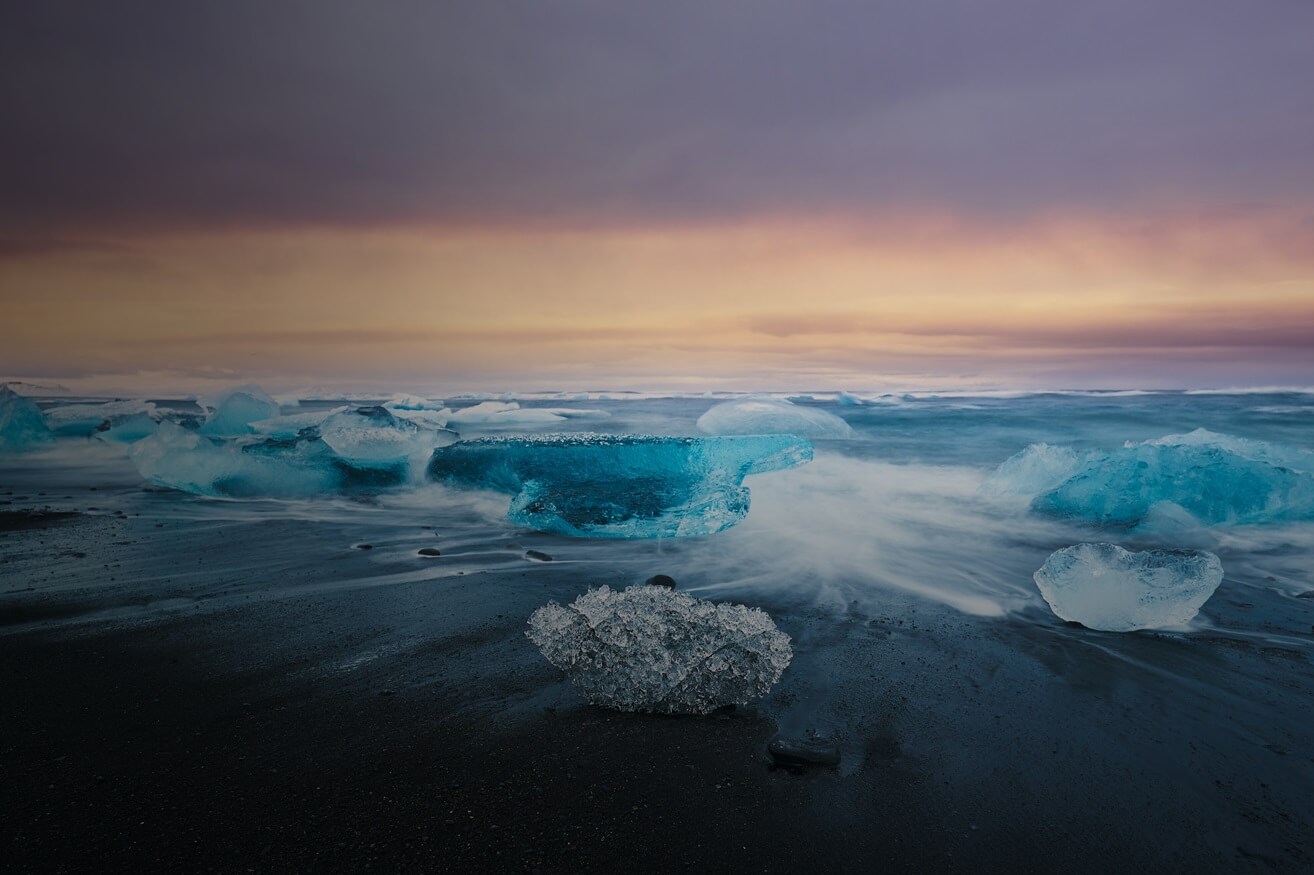
Now Accepting Nominations!
Submit a Nomination
Career Stage
Early Career
Award Type
Section Award
Of Note
Peer nomination required
Submission Window
3 January - 27 March
Recognizing Significant Contributions to the Ocean Sciences
The Ocean Sciences Early Career Award is presented every year and recognizes significant contributions to the ocean sciences from honorees within 10 years of receiving their Ph.D. This award also serves to acknowledge the awardee’s future promise within the ocean sciences.
The award is presented at the Ocean Sciences section luncheon during the AGU Fall Meeting.
Honor Benefits
Recipients receive the following:
- Award certificate
- Recognition in Eos
- Registration to AGU's annual meeting during the award presentation year
- Ticket to the Ocean Sciences section luncheon at AGU's annual meeting during the award presentation year
About the Ocean Sciences Section
Nominees are evaluated on the following:
The Ocean Sciences Section engages members primarily affiliated with biological oceanography, marine geochemistry, marine geology and geophysics, physical oceanography, and ocean sciences.
Eligibility
Nominee
The nominee must be:
- an active AGU member
- primarily or secondarily affiliated with the Ocean Sciences section
- an early-career scientist within 10 years of receiving their Ph.D
Nominators
Nominators are not required to hold an active AGU membership.
All Parties
Must be in compliance with AGU's conflict of interest and professional conduct policies.
Read AGU's Ethics Policies 
